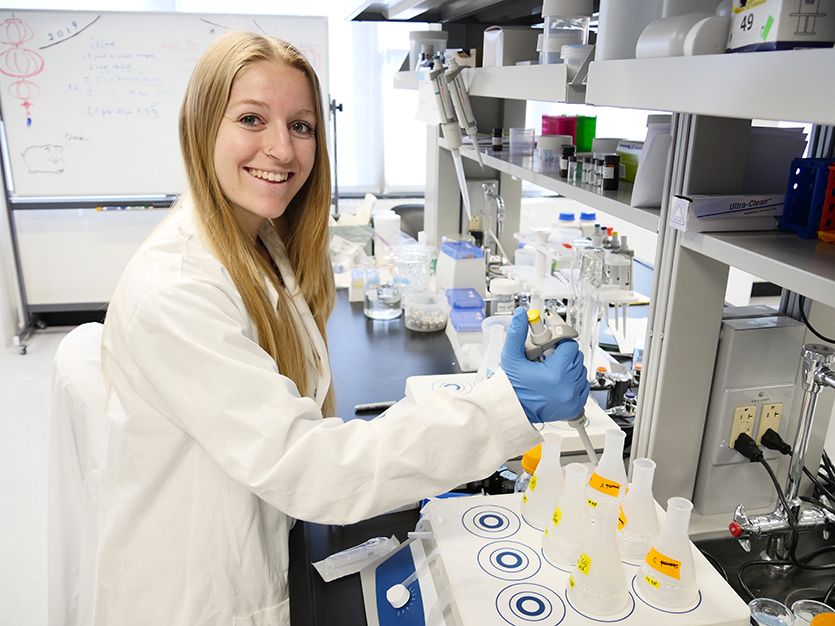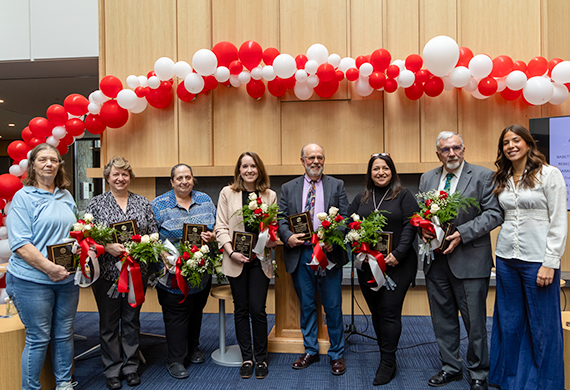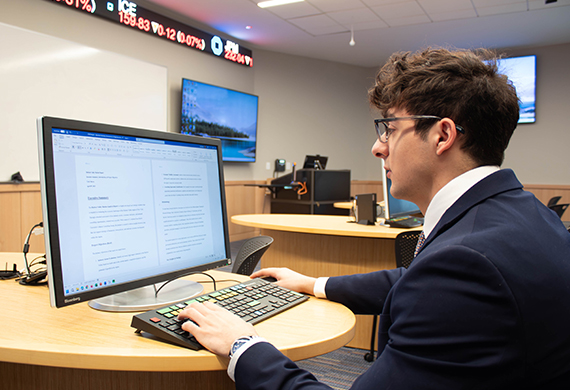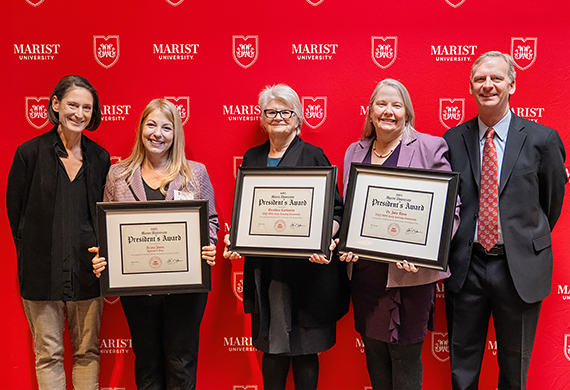Paige Jacob ’18 Awarded NSF Graduate Research Fellowship

Photo courtesy of Charissa King-O'Brien, Communication Specialist, Cornell University Civil and Environmental Engineering Department
Jacob’s research on water quality began at Marist and continues as she pursues her PhD at Cornell.
July 15, 2019—Just as she was completing her first year in Cornell University’s PhD program in environmental engineering, Paige Jacob ’18 received the best possible news for a graduate student in the sciences: she was named the recipient of a National Science Foundation (NSF) Graduate Research Fellowship.
“I was so excited,” said Jacob, who hails from Wall Township, New Jersey, and earned her degree in environmental science and policy with a minor in mathematics. “My phone was inundated with so many congratulatory messages before I even realized what had happened.”
Jacob’s application for the NSF fellowship focused on per- and polyfluoroalkyl substances (PFASs). Often found in drinking water and wastewater systems, PFASs are one of Jacob’s keen areas of interest. She actually began researching contaminants while an undergraduate at Marist, and that work led her to the graduate program at Cornell. What’s especially gratifying about the NSF Fellowship is the fact that “it’s not at all tied to a specific project,” noted Jacob. “NSF gives you the freedom to research what your interests are, and that’s a terrific thing for a scientist to be able to do.” The grant will fund her tuition and provide a stipend for her to continue her doctoral work at Cornell.
In Cornell’s Civil and Environmental Engineering Program, Jacob is part of a larger research group that consists of two post-docs, six PhD candidates and one master’s student. “It’s a great structure because we have collaboration and support within the group,” said Jacob. “I really value that.”
Jacob’s research is focused on semiconductor wastewater effluent. “My work is taking wastewater and doing environmental forensics to see what’s actually in the water,” she explained. “The end goal here is to develop treatment technologies for these chemicals because, unfortunately, there’s no way not to use PFASs in manufacturing. What we’re examining is how these chemicals transform during wastewater treatment before they are released into the environment.”
At Cornell, Jacob has had the opportunity to work with industry partners as well. “It has been a great experience for me—I’ve learned the inner workings of these companies, and that has been helpful. I’ve been pleased with how concerned they are about their environmental impact.” Although she’s just beginning her PhD journey, Jacob is looking forward to what she can accomplish with the NSF Fellowship. Ultimately, she is excited to work on environmental policy. “PFASs are a great topic in terms of policy. The US Environmental Protection Agency is now talking about regulating PFASs in drinking water,” she explained. “I think that having a scientific background to help get these regulations created and then passed will be really key in moving these issues forward.”



